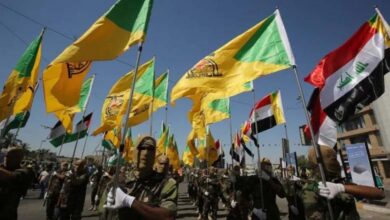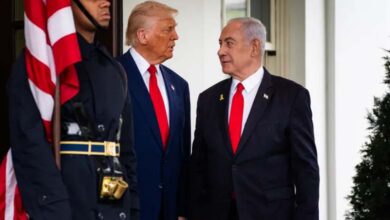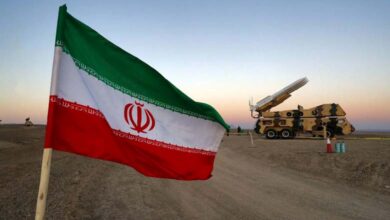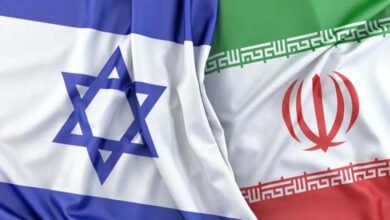Between the Army and the Muslim Brotherhood: Why Do Peace Efforts Fail in Sudan?

The spokesperson for the “Tassiss” coalition, Alaa Eddin Naqd, stated that the dominance of the Islamist movement (the Muslim Brotherhood) over Sudan’s military institution is the main obstacle to any progress in peace efforts. He argued that this influence is what keeps the war going and undermines all humanitarian and political initiatives.
-
Power Sharing Deals… New Maneuvers by the Muslim Brotherhood in Sudan
-
Mohamed Al-Samani Al-Insirafi… An agent of the Muslim Brotherhood in Sudan
Naqd’s comments came during the fourth meeting of the advisory group for coordinating peace initiatives in Sudan, held last Thursday in Brussels. The meeting included the participation of the United Nations, the African Union, IGAD, the Arab League, as well as the United States, Saudi Arabia, Egypt, and the United Arab Emirates.
Speaking to Idraak, Naqd criticized what he described as the international community’s continued failure to name the true party responsible for the crisis. He said that most initiatives focus on addressing the consequences of the war without identifying who is actually fueling it—referring to what he called the “alliance between the army and the Islamic movement.”
-
Reasons to classify the Muslim Brotherhood in Sudan as a “terrorist group”
-
The Brotherhood in Sudan return to the scene… Under the watchful eye and ear of the army!
He stressed that any serious attempt to implement a ceasefire or secure humanitarian corridors will be futile unless the ideological structure within the army is addressed. “Unless the connection between the army and the Islamic movement is severed,” he said, “peace will remain an illusion.”
Naqd added that the advisory group must treat both sides of the conflict with complete neutrality, but without ignoring the party that “clearly stands against the will for peace.” He called for more explicit international pressure on those obstructing negotiations.
This escalation in rhetoric from the “Tassiss” coalition comes amid growing signs of stalled peace processes, despite intense international efforts. The Muslim Brotherhood continues to be a major stumbling block to any genuine democratic transition in Sudan.
-
Igniting war and army destruction… New accusations haunt the Brotherhood in Sudan
-
Among them is an intelligence officer.. Arrest of Brotherhood in Sudan
-
Sudan Without the Muslim Brotherhood: Does Samoud’s Vision Pave the Way for War’s End?
-
The Role of Islamist Militias in the Sudan Conflict Worries Arab States Opposed to the Muslim Brotherhood
-
The Muslim Brotherhood Threat Resurfaces in Sudan: Al-Baraa Militia Armed Beyond State Oversight












